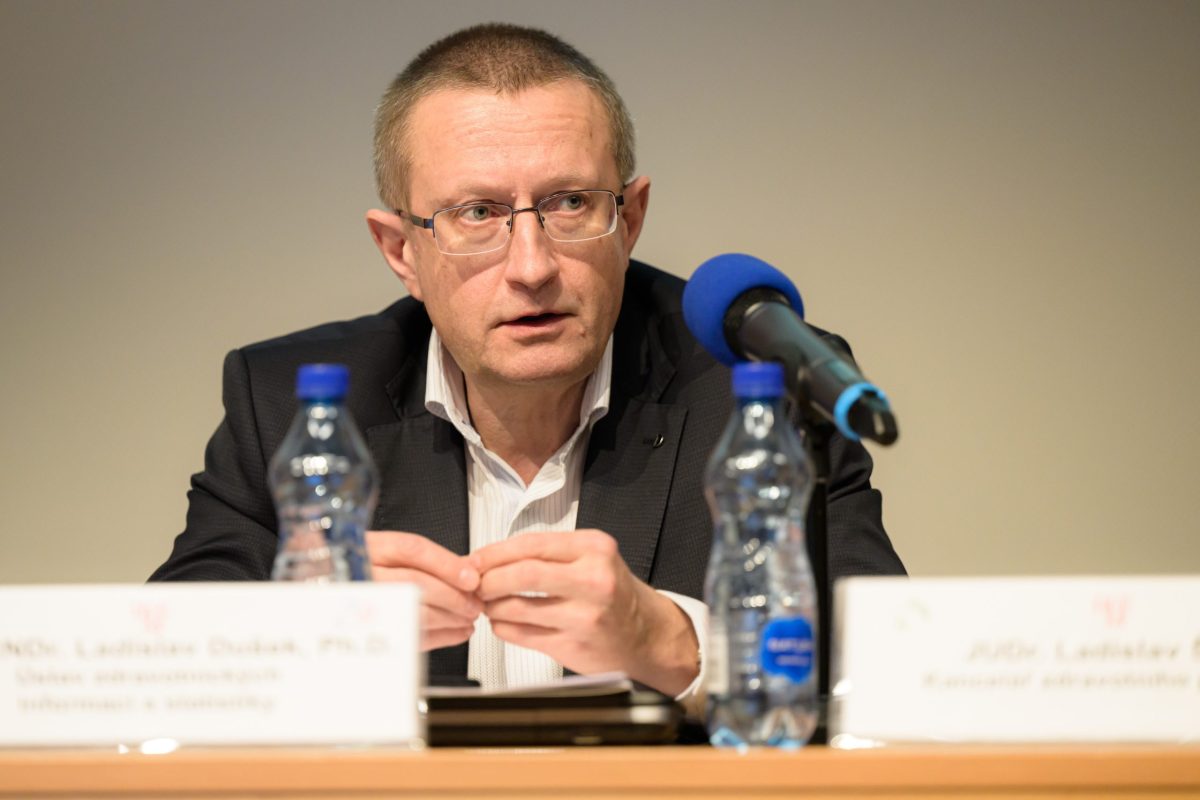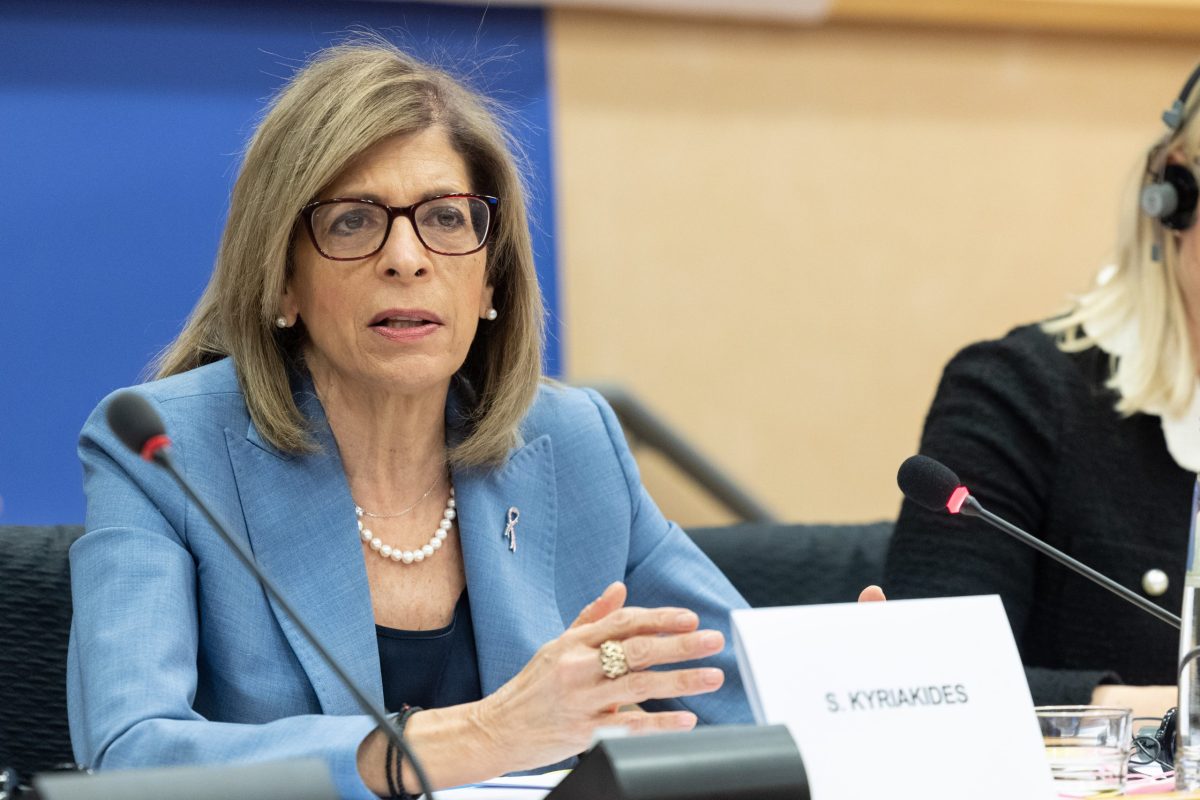Prevention has been the primary pillar of German national drug and addiction policy for more than a decade. Good prevention makes economic sense, as it brings multiple returns on investment. This is according to Jörg Pietsch, Director of the Office of the Federal Government Commissioner for Drug Policy in Germany. Speaking at the 2nd Annual International Panel of the Permanent Conference on Healthcare in Prague, he said that counselling, treatment, harm minimization, and law enforcement are also important.
From the point of view of local political leaders, prevention is mainly focused on access to tobacco and alcohol, taxation, or the regulation of advertising. It also includes behavioral prevention, such as prevention programmes in schools or workplaces. „In Germany, prevention is one of the biggest topics. Although a greater number of prevention programmes have positive feedback, few are widely available. The reason is that prevention is covered by various organizations, institutions, and authorities,“ Pietsch told the conference.
The German government has therefore also agreed to expand the issue of prevention of tobacco and alcohol use in the coalition agreement. „The federal government also wants to take a new direction in the cannabis sector. The aim is a controlled dosage combined with the strict protection of young people and a high level of prevention. There will be a new federal institute that will play a key role in prevention,“ the director revealed. For about six years, German health insurers have also been obliged to allocate part of their contributions to prevention. This amounts to around half a billion euros a year.
Pietsch says that prevention should start in kindergarten. „It is really important to promote life skills, like learning to say no. It is also useful to introduce well-evaluated addiction prevention programs in schools so that they reach all students. Reaching vulnerable people is crucial,“ he explained. These are mainly young people with various problems. „They do not need to hear how bad drugs are. Instead, they need support in coping with their life problems. This is the best possible drug prevention,“ the director points out.

The impact of addiction on the economy and the family
Individual countries are mainly pushed toward more rigorous prevention by the consequences of substance abuse or drug use. Tobacco consumption alone costs Germany around €100 billion a year in direct and indirect costs. That is eight times the local tobacco tax revenue, according to Pietsch. „The cost to society of alcohol consumption is between €40 billion and €50 billion a year. And you can add gambling to that, for example,“ he says.

There are also implications for the family. „For example, three out of ten children born to addicted parents, and I am not talking about smoking, grow up to be healthy children. This is also conditional on them receiving certain support,“ Pietsch said, adding that drug use in the population is then directly related to the competitiveness of companies or even entire regions. As an example, he cited the opioid crisis in some regions of the United States.
It also should not be the case, he said, that while public money is spent on prevention programmes, the tobacco, alcohol, or gambling industries can invest much higher amounts in advertising. „Germany spends between €20 billion and €30 billion on smoking prevention programmes, but the tobacco industry invests ten times more in sponsorship and advertising,“ Pietsch said.
Mohlo by vás zajímat
The ones most affected by this advertising are minors and already addicted persons. According to the drug policy expert, Germany therefore also needs more stringent regulation of legal addictive substances. Politicians and scientists are also calling for the stricter regulation of gambling. Further restrictions on the sponsorship and marketing of alcohol and tobacco products are also foreseen in the coalition agreement of the German government.

Quality and coordination are important in prevention
Pietsch reminded the audience that investments in prevention programmes must be of high quality to make sense. „Today we know which ones have a positive impact. In recent years, standards have been developed in Germany. We should not fund projects that are not successful,“ he says. Also, part of the mandatory contributions of German health insurance companies must be allocated to quality programmes.
But investing in quality also requires great conviction, he said, and government MPs need to be reminded that this is not a large-scale activity with primarily high advertising visibility, but rather „continuity, integration of policy into the classroom, face-to-face access, preparation, and follow-up.“ It is also a question of the long-term impact of the prevention programme, he added.
For all this to work in practice, the authorities, ministries, or agencies involved must cooperate with each other. According to the drug policy expert, this in turn requires well-established coordination, especially in countries with a federal system and many actors at different levels. „It is not easy in Germany. This is why we created the National and Regional Prevention Conference,“ he said. According to him, the coordination of prevention at different levels can work in this way.

Prevention is also aided by information on the health risks associated with substance use, of which there are many more than in the past. However, according to Pietsch, it is important who wants to use them and for what purpose. „From the perspective of cities and towns, the best thing to do is to contact the federal prevention agency and gain their advice on how to respond to the issue of addiction in the city,“ he explains. The government, in turn, uses the Federal Data Institute, which is independent.
Helena Sedláčková







